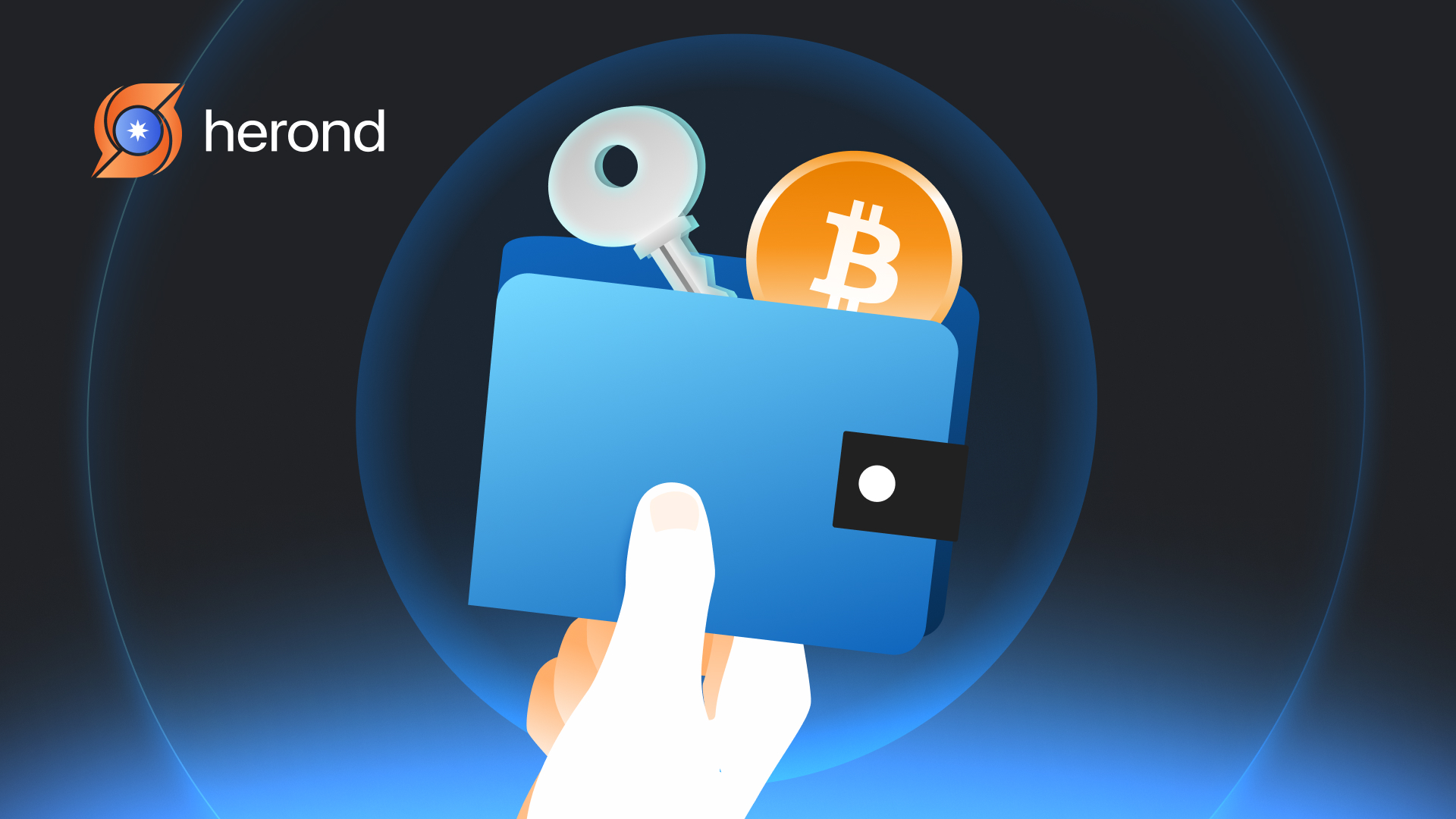If you are exploring ways to store and manage cryptocurrency, you have likely encountered the term “custodial wallet.” But what is a custodial wallet, and how does it differ from other wallet types? Custodial wallets offer a convenient way for users to store digital assets, particularly if they are new to the crypto space or prioritize ease of access. However, they come with distinct trade-offs between security and control that you should consider. This article aims to provide you the general understanding of custodial wallet, its mechanism, pros and cons.

What is a Custodial Wallet?
A custodial wallet is a type of digital wallet where a third-party service (typically an exchange or wallet provider) holds and manages your private keys on your behalf. In other words, instead of you being solely responsible for securing access to your cryptocurrency, the custodial wallet provider takes on that responsibility. This can make it easier for newcomers to the crypto space, as they do not have to worry about managing complex private keys themselves. Key features of the custodial wallet include:
- Third-Party Control: With custodial wallets, the private keys are stored by the service provider, meaning the provider has full access to your funds and can manage transactions for you.
- Ease of Access: Custodial wallets are usually integrated into exchange platforms, making it convenient for buying, selling, and trading cryptocurrency directly from your wallet.
- Recovery Options: Since the provider manages the private keys, users have options for account recovery if they forget their login details, a feature typically absent in non-custodial wallets.
How Custodial Wallets Work?
When you use a custodial wallet, the provider generates a wallet for you and manages the associated private keys. Think of it as a bank holding your money-though the funds are technically yours, the provider has the power to authorize transactions on your behalf. You log in with your account details, similar to a traditional online account, and access your assets without handling the private keys. For example, if you have an account with a major crypto exchange like Coinbase or Binance, they act as custodians of your funds within the platform. When you make a transaction, they handle the technical side of signing it with the private key and updating it on the blockchain, allowing you to engage with crypto effortlessly.
Benefits of Using a Custodial Wallet

Custodial wallets come with several advantages that make them appealing, especially for beginners and casual users:
- Simplified Access and Management: Since the provider handles security and private keys, you do not have to worry about storing them or losing access to your assets if you forget a password.
- Increased Convenience: Custodial wallets are commonly linked to exchanges. It means that it can allow you to trade, buy, and sell directly within the platform without transferring assets.
- Backup and Recovery Options: Unlike non-custodial wallets, custodial wallets offer easy recovery options. If you lose access to your account, the provider can help you regain access, often with ID verification.
- Integrated Customer Support: Most custodial wallet providers offer customer support. Therefore, if you encounter issues or have questions, it will be valuable.
Drawbacks of Custodial Wallet
Despite their convenience, custodial wallets have drawbacks that can be significant, depending on your goals and priorities:
- Lack of Control: With custodial wallets, the provider holds the private keys. It means that you do not have full ownership of your assets. If the provider experiences issues, such as freezing accounts or encountering a hack, your funds could be at risk.
- Privacy Concerns: Custodial providers often require personal information for verification, which means your crypto transactions may not be entirely private.
- Security Risks: While reputable custodial wallet providers invest in high-level security measures, they are still centralized. Therefore, they will become prime targets for hackers.
Are Custodial Wallets Right for You?
Whether or not a custodial wallet is right for you depends on your level of experience and your needs:
- For New Users: Custodial wallets are ideal if you are new to crypto or prefer an easy-to-use, beginner-friendly setup. The ability to recover your account without handling private keys yourself can offer peace of mind.
- For Frequent Traders: Since custodial wallets are often tied to exchanges, they are well-suited for people who regularly trade or need quick access to their funds for transactions.
- For Long-Term Holders: If you are holding a significant amount of cryptocurrency or prefer maximum control, you may prefer a non-custodial wallet or a cold storage solution. Custodial wallets are generally less ideal for long-term, high-security storage.
Best Practices When Using Custodial Wallets
If you decide a custodial wallet is right for you, keep these best practices in mind:
- Choose a Reputable Provider: Stick with well-known, established custodial providers like Coinbase, Binance, or Kraken. These providers are more likely to have strong security measures in place.
- Enable Two-Factor Authentication (2FA): This extra layer of security is crucial, as it reduces the risk of unauthorized access to your account.
- Monitor Platform Security News: Stay updated on the security practices of your provider, and be aware of any breaches or issues they may encounter.
- Keep Funds Diversified: Avoid storing large amounts of crypto in any single custodial wallet, as this could expose you to greater risk if the provider faces security problems.
Conclusion
Custodial wallets offer simplicity, convenience, and a level of support that many users find helpful, especially those new to cryptocurrency. However, they do require you to give up some control over your private keys and funds. If you are someone who values convenience over total autonomy, a custodial wallet might be a great choice. Just remember to follow best practices and choose a trusted provider to keep your assets as secure as possible.
About Herond Browser

Herond Browser is a Web browser that prioritizes users’ privacy by blocking ads and cookie trackers, while offering fast browsing speed and low bandwidth consumption. Herond Browser features two built-in key products:
- Herond Shield: an adblock and privacy protection tool;
- Herond Wallet: a multi-chain, non-custodial social wallet.
Herond aims at becoming the ultimate Web 3.0 solution, heading towards the future of mass adoption. Herond has now released the mobile version on CH Play and App Store. Join our Community!







